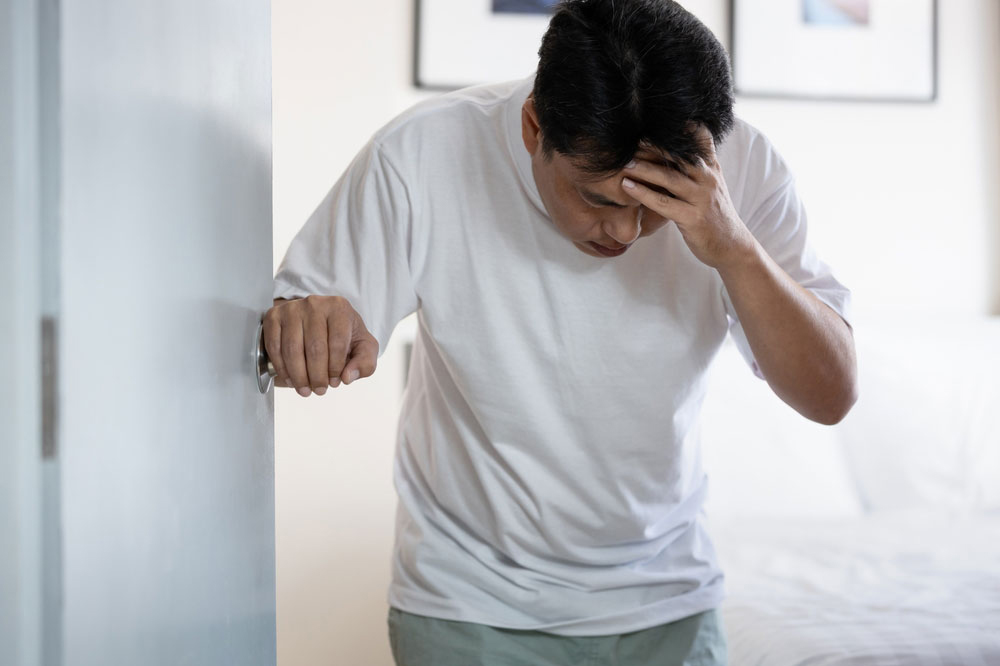International Overdose Awareness Day on Aug. 31 calls our attention to the ongoing overdose crisis and the lives lost to it. At PACE Recovery, we take this time to reflect on how we can educate, prevent and offer hope. Overdose is an extremely personal issue for many families and communities. Understanding the warning signs and knowing what to do in a crisis can save lives.
Whether you’re in recovery, supporting someone who is or want to be more informed, here’s what you need to know about recognizing and responding to an overdose.
What Is an Overdose?
An overdose occurs when someone consumes more alcohol or drugs than their body can handle, overwhelming vital functions like breathing, heart rate and consciousness. Overdoses can happen accidentally or intentionally, and often involve a combination of intoxicants.
Different substances have distinct effects, but all overdoses are medical emergencies that require immediate attention.
Opioids
- Slow, shallow or stopped breathing
- Blue or grayish lips and fingertips
- Unconsciousness or inability to wake up
- Pinpoint pupils
- Limp body
- Choking or gurgling sounds
Stimulants
- Rapid heartbeat
- High blood pressure
- Chest pain
- Agitation or paranoia
- Hallucinations
- Seizures or tremors
- Overheating or profuse sweating
Alcohol
- Vomiting while unconscious
- Slow or irregular breathing
- Pale or bluish skin
- Low body temperature
- Loss of consciousness
What to Do if You Suspect an Overdose
Time is critical. If you spot these warning signs, immediately call 911. Don’t leave the person alone while you wait for first responders to arrive. Try to keep them awake by shouting their name or gently rubbing their sternum with your knuckles.
If the person overdosed on opioids, administer naloxone as directed and monitor their well-being. Move them into the recovery position if they’re unresponsive and unconscious but still breathing. Even if they’ve passed out, don’t expect that sleeping it off will improve their situation. Always err on the side of caution.
Why This Matters for Young Men
Young men are often a high-risk group for overdose, especially if their friends use drugs and alcohol. PACE Recovery frequently works with men who began drinking or taking drugs recreationally, only to find themselves struggling with dependency or addiction years later.
Toxic masculinity and emotional suppression can make it harder for you to admit you need help or recognize when your substance use has crossed a dangerous line. Education and openness about overdose risks are crucial for reversing this trend.
Long-Term Support at PACE Recovery
Surviving an overdose is a warning sign that you should seek professional help. PACE Recovery is a single-gender environment where young men can safely address substance use and co-occurring mental health issues, ultimately learning to build a life worth staying sober for.
We offer:
- Medical stabilization and detox referrals
- Therapy for trauma, depression and anxiety
- Relapse prevention education
- Life skills development
- Academic advancement through PACE Academy
Honoring International Overdose Awareness Day
Every day, we remember those we’ve lost to overdose and commit to reducing stigma through education and support. You can make a difference by checking in on the people you care about and advocating for recovery-focused solutions.
If you’re ready to learn more about men’s-only treatment or know someone who needs help, PACE Recovery is here for you. Let’s work together to prevent another life lost to overdose.


